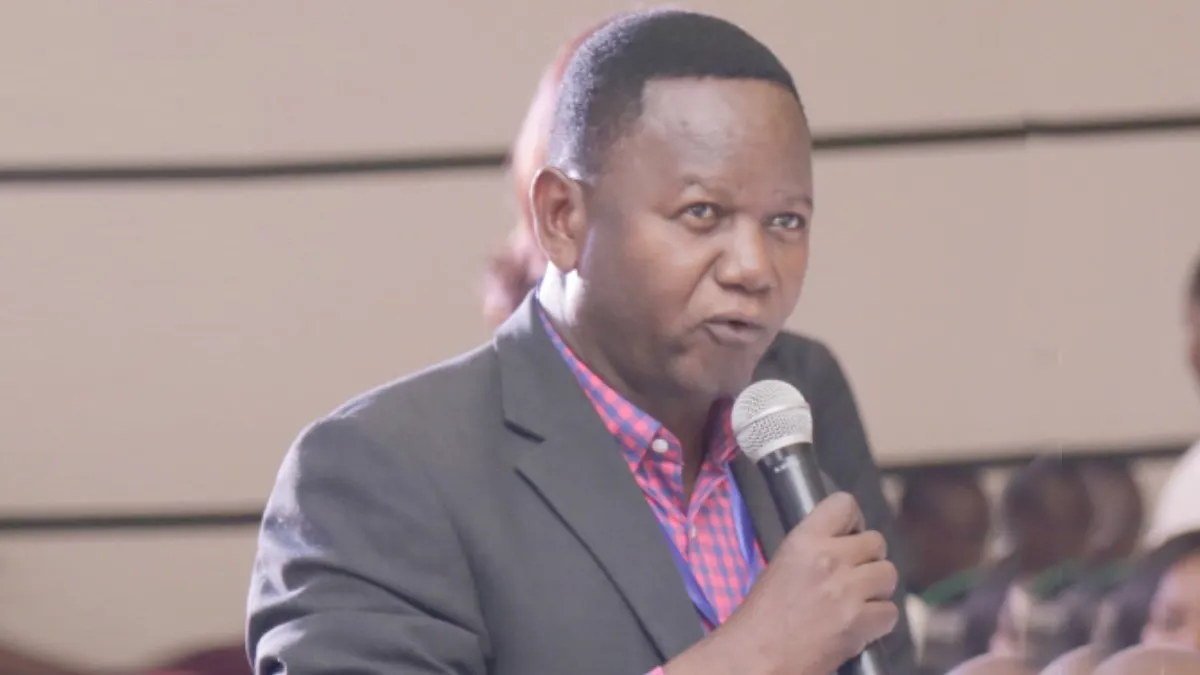Mr. Edward Kareweh, the General Secretary of the General Agricultural Workers Union (GAWU), says the country needs effective structural policies to optimize the competitiveness of the agricultural value chain.
He said enhancing the competitiveness of the agricultural value chains demands improvement in productivity along the specific value chains for an effective and efficient input supply system.
Mr. Kareweh was speaking on the theme: “Ghana’s Agricultural Value Chain,” at a day’s seminar organised by the Ghana News Agency to provide a platform for both state and non-state organisations to address national issues to enhance development.
Mr. Kareweh explained that formulating the right policies and allowing them to be championed by competent leaders would improve crop productivity and product quality along the agricultural value chains.
He said there is a need for the government to create an enabling environment to help facilitate linkages between core value chain actors and support services, including financial services, technical advisers, and mechanization services to producers.
“Things are not done properly. Incompetent application of laudable policies had created problems where food is cheap at the farm but expensive on the side of the final consumer. There is food in Ghana but locked up at the farm gate, things are not well,” he bemoaned.
According to the GAWU General Secretary, poorly formed relations along most value chains in the country are fostering a high degree of predatory behaviour between actors, affecting the sector negatively.
This predatory also worsens and weakens the reinforcing system that limits investments and decreases efficiency and resiliency, preventing competitiveness which in the long run affects the incomes and willingness of the ordinary farmer to purchase inputs.
He said government policies must provide specific incentives to agricultural equipment dealers and users to help expand smallholders as key stakeholders.
“So we must not blow our own trumpets that we are working. Let those we are serving judge. We must not praise a project because of its beautiful features, we must rather do that after seeing results,” he said.
Mr. Kareweh said that the financial sector is weak and poorly structured to take on capacity-building investments needed to effectively support the agricultural sector in general, specifically the mechanization, which is hindering the value chain from its massive potential.
He noted that wholesalers had limited interest in building branded retail channels, which passed through to the farmer making it less important as a leverage point for improving broader and more appropriate access for smallholders.
He added that there are larger retailers with multiple outlets that are keenly interested in expanding their distribution networks but are concerned about the risks and cost of setting up new stores.
Mr. Francis Ameyibor, Ghana News Agency Tema Regional Manager, said the GNA recognised “the excellence in stakeholder engagement to deliver and ensure that society plays an active watchdog role so that institutions perform.”
Mr. Ameyibor said the Agency was strategically placed as a credible news organisation that needed to deepen its relations with its stakeholders for mutual benefit and to advance the prospects of the agency and the country as a whole.
Other speakers at the stakeholders’ engagement were Mr. Richard A. Quayson, Deputy Commissioner, Commission on Human Rights and Administrative Justice; Mr. Richard Kovey, a convenor at Campaign Against Privatisation and Commercialisation of Education (CAPCOE); and Mr. Papi-Paulo Zigah, Director of International Operations, Future Careers Ghana.








